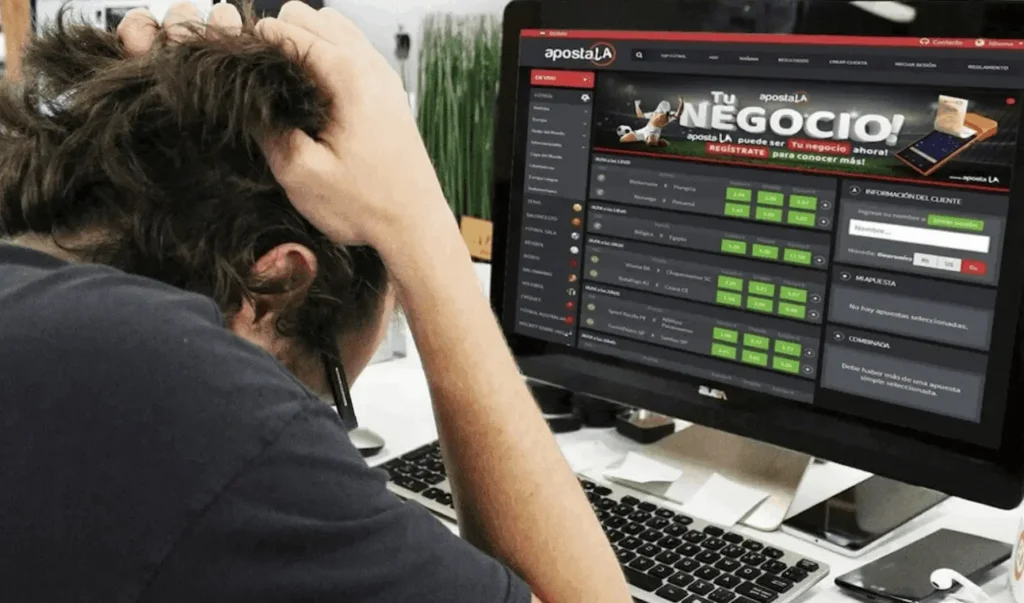The sports betting industry has long transcended the boundaries of entertainment. The sector has evolved into a self-sustaining ecosystem with a high level of analytics, competition, and financial interests. Within the sports betting environment, one of the key roles is occupied by a tipster – a specialist who analyzes events, makes predictions, and helps others make decisions. However, their function goes far beyond simply guessing the outcome of a match. It involves systematic analytical work, including statistics, psychology, mathematics, and a deep understanding of the market.
Tipster in Sports Betting as an Analytical Unit
Modern sports betting tipsters function as independent experts, providing paid or free predictions on sports events. Each prediction is based on a multitude of factors: team form, individual performance indicators, motivation, injuries, weather, odds, and market anomalies.

Unlike the intuitive approach of beginners, professional tipsters use predictive models, including Poisson distribution, regression analysis, Elo ratings, and odds calibration considering the bookmaker’s margin. These specialists specialize in specific disciplines such as football, tennis, MMA, basketball, esports, which helps improve accuracy.
Examples of working models:
- In football, a tipster may use the xG model (expected goals), which evaluates not only the result but also the quality of chances.
- In tennis, calculating the probability of breaks using serving and return coefficients from the last 25 matches.
- In basketball, considering the pace of the game, three-point shooting percentage, and bench depth.
- In esports, analyzing maps, picks/bans, player reactions, and meta compositions.
Platforms and Distribution Channels
 Tipsters in sports betting publish predictions on specialized platforms, Telegram channels, Discord servers, closed communities, or on betting marketplaces (e.g., Blogabet, Tipstrr, Betadvisor). Earnings can be generated through subscription sales, a percentage of subscribers’ profits (profit share), CPA deals with bookmakers, or fixed payments for predictions.
Tipsters in sports betting publish predictions on specialized platforms, Telegram channels, Discord servers, closed communities, or on betting marketplaces (e.g., Blogabet, Tipstrr, Betadvisor). Earnings can be generated through subscription sales, a percentage of subscribers’ profits (profit share), CPA deals with bookmakers, or fixed payments for predictions.
Tipster in Sports Betting as a Risk Management Specialist
In addition to predictions, tipsters work on bankroll management. The stake amount for each event is calculated considering the Kelly criterion or a fixed percentage of the bankroll. This approach eliminates emotional downturns and helps establish a long-term strategy.
The Role of a Tipster in a Team Betting Model
Professional betting syndicates employ a team approach, where one tipster is responsible for analysis, another for placing bets, and a third for line scanning. In this case, accuracy and speed become crucial. Automated line parsers, API connections to betting exchanges (Betfair), scalping, and arbitrage strategies are utilized.
Evaluating a Tipster’s Quality: Transparency is Key
A tipster’s effectiveness can be assessed through ROI (return on investment), stability, average odds, subscription duration, volatility, and sample size. A reliable specialist publishes verified statistics on independent platforms, provides screenshots of bets, and operates transparently. For example, with 200 bets at an average odds of 1.90 and a +7% ROI, the profit would be around 14 units with a bankroll of 1000 euros – resulting in 140 euros profit.
Classification by Levels and Specializations
A sports betting tipster is classified by qualification level:
- Amateur – makes predictions based on intuition, often without statistics. Average ROI does not exceed 1.5%.
- Semi-professional – uses statistics, focuses on one or two disciplines. Average ROI – up to 4%.
- Professional – automates data collection, analyzes lines, uses models. ROI – from 5 to 10%, number of bets – 3000+ per year.
- Institutional tipster – works in syndicates, combines analysis with trading. Utilizes betting exchanges, APIs, and algorithms.
Tipster in Sports Betting as an Educator
Experienced tipsters often lead educational projects. Training includes:
- Calculating value bets.
- Applying statistical models.
- Developing strategies.
- Building a bankroll.
- Evaluating value.
- Line analysis skills.
- Identifying mistakes.
During training, emphasis is placed on emotional management, as even with a positive mathematical expectation, a series of losses is normal. Tipsters demonstrate how to maintain distance and not succumb to chasing losses.
Tipster in Sports Betting as Part of Betting Infrastructure
Bookmakers monitor the activity of top tipsters. Some operators intentionally lower limits or introduce delays for accounts subscribed to popular analysts. This creates a separate market for mirror bets, where an analyst provides predictions in advance only to a closed group – and then publishes them en masse an hour later.
Financial Indicators and Market
The average subscription cost for a professional tipster ranges from 40 to 150 euros per month. On average, a quality prediction pays off with a bankroll of 500 euros or more. With a 2% stake of the bankroll and 200 predictions per month at a 6% ROI, the total profit would be 600 euros. Expenses for tipster services amount to 150 euros. Net income – 450 euros, equivalent to a 90% annual return.

Signs of a quality sports betting tipster:
- Verified statistics for a minimum of 500 predictions.
- Publication of odds when placing a prediction, not retroactively.
- Use of a value approach and justification for each bet.
- Absence of “chasing losses,” accumulators, and marginal strategies.
- Transparent ROI, no substitution or removal of unsuccessful bets.
- Limit on the number of bets per day.
- Specialization in 2-3 sports disciplines.
- Understanding of the market and bettor’s psychological resilience.
- Flexible risk and bankroll management system.
- Availability of support or responses to subscriber queries.
Conclusion
 A tipster in sports betting plays the role of an intermediary between raw information and profitable decisions. They save time, reduce risks, and systematize approaches. However, the outcome always depends on the bettor’s ability to adhere to a strategy and discipline. A professional approach to selecting an analyst and following their recommendations forms the foundation for long-term profitability in an industry where not only odds matter but also composure.
A tipster in sports betting plays the role of an intermediary between raw information and profitable decisions. They save time, reduce risks, and systematize approaches. However, the outcome always depends on the bettor’s ability to adhere to a strategy and discipline. A professional approach to selecting an analyst and following their recommendations forms the foundation for long-term profitability in an industry where not only odds matter but also composure.
 en
en  de
de  ar
ar  es
es  nl
nl  hi
hi  fr
fr  it
it  pt
pt  el
el 









